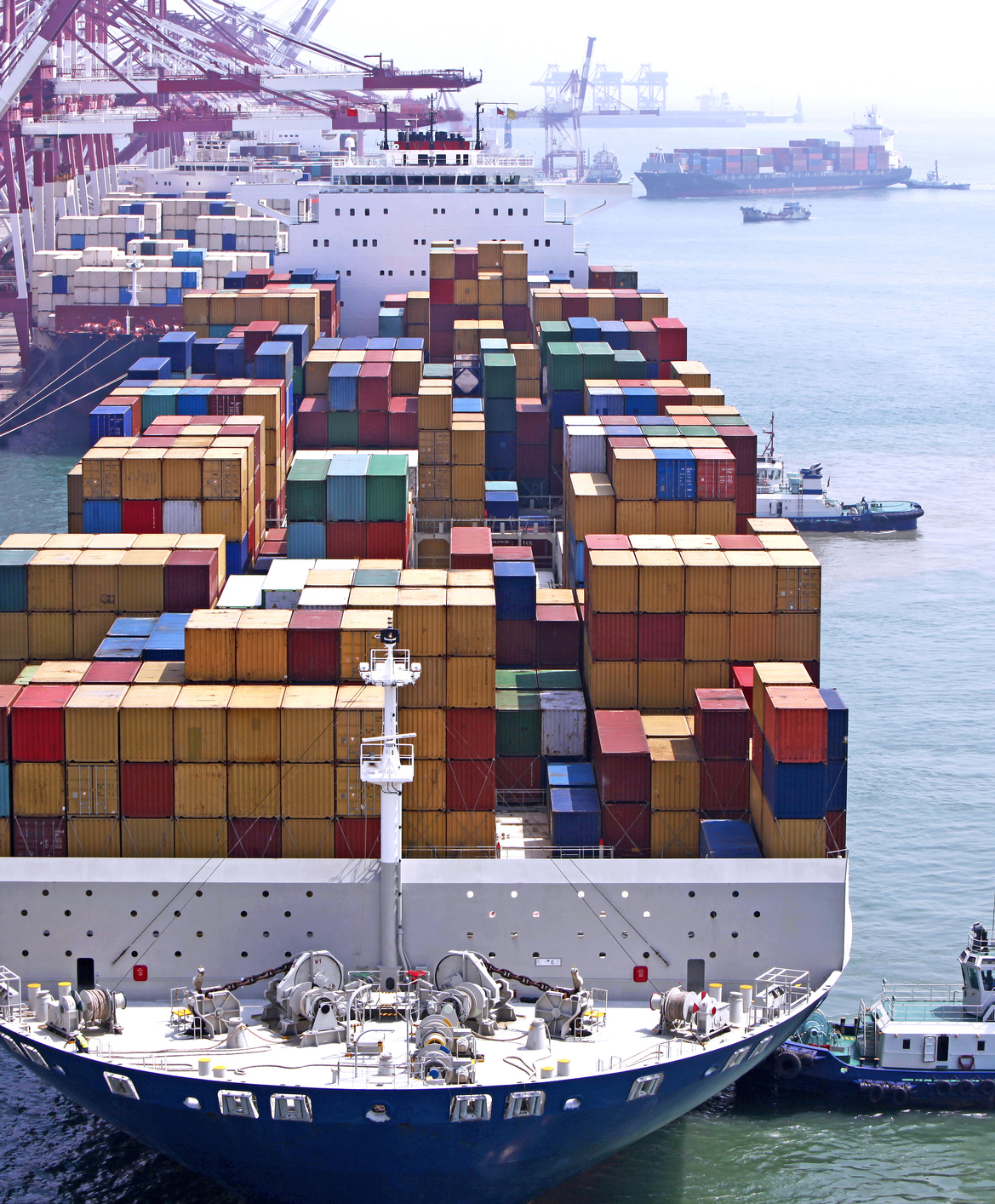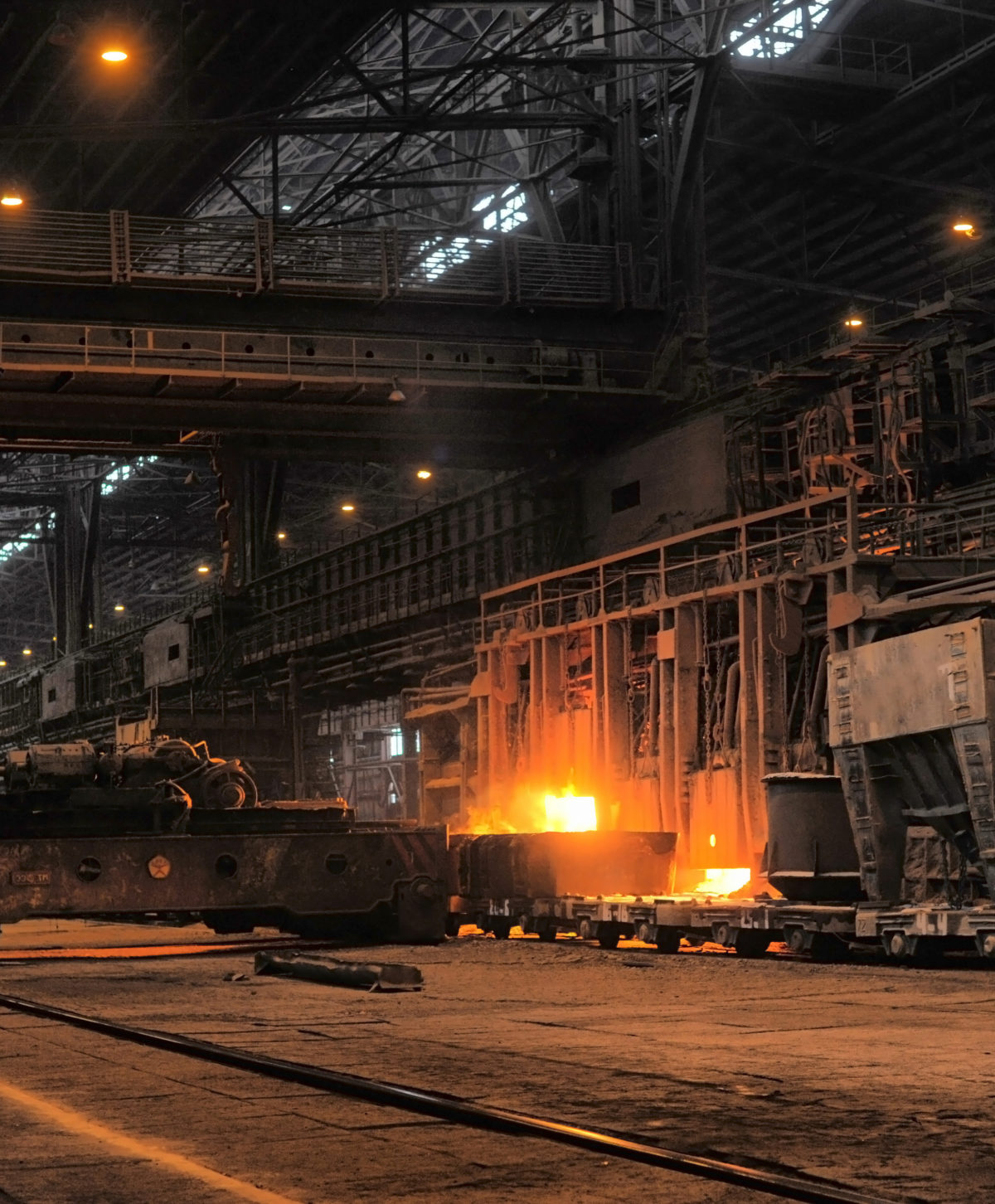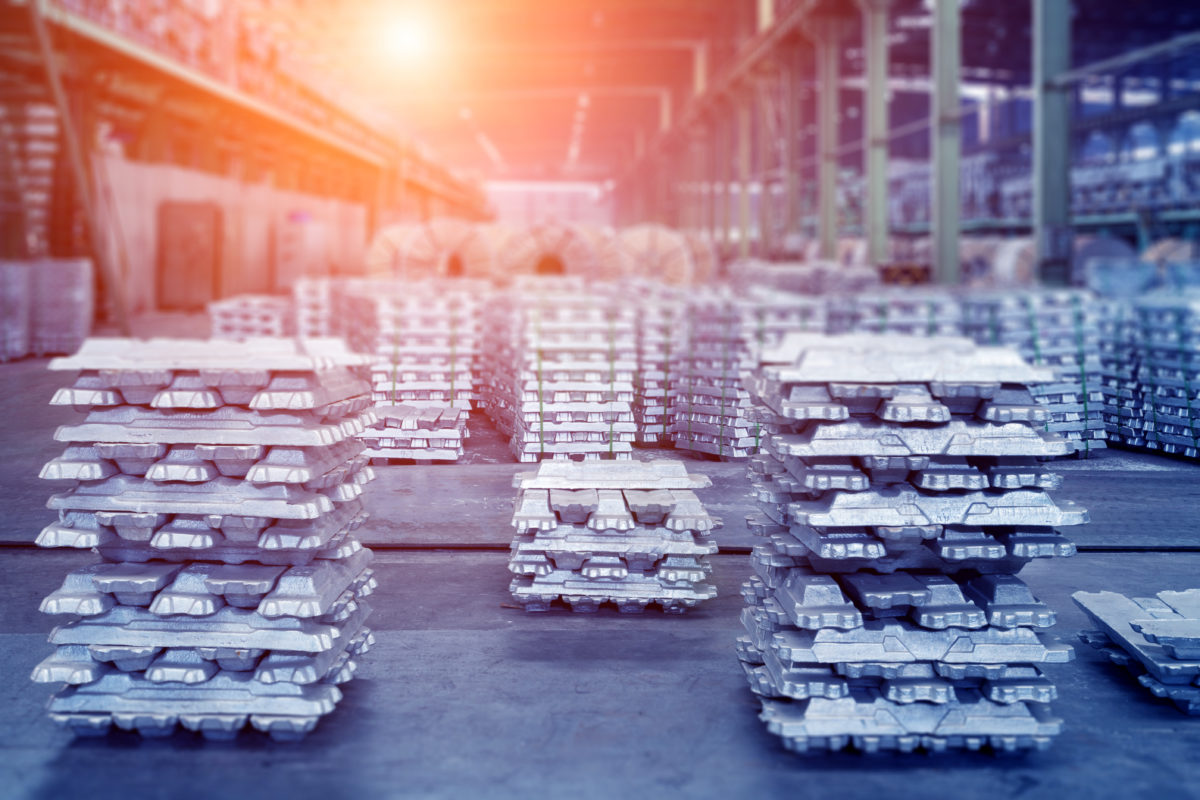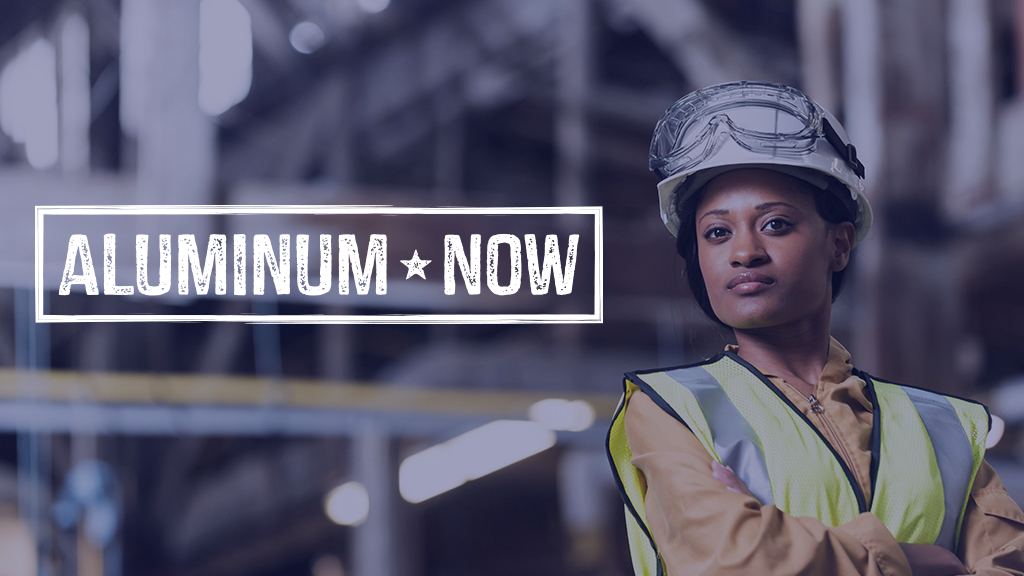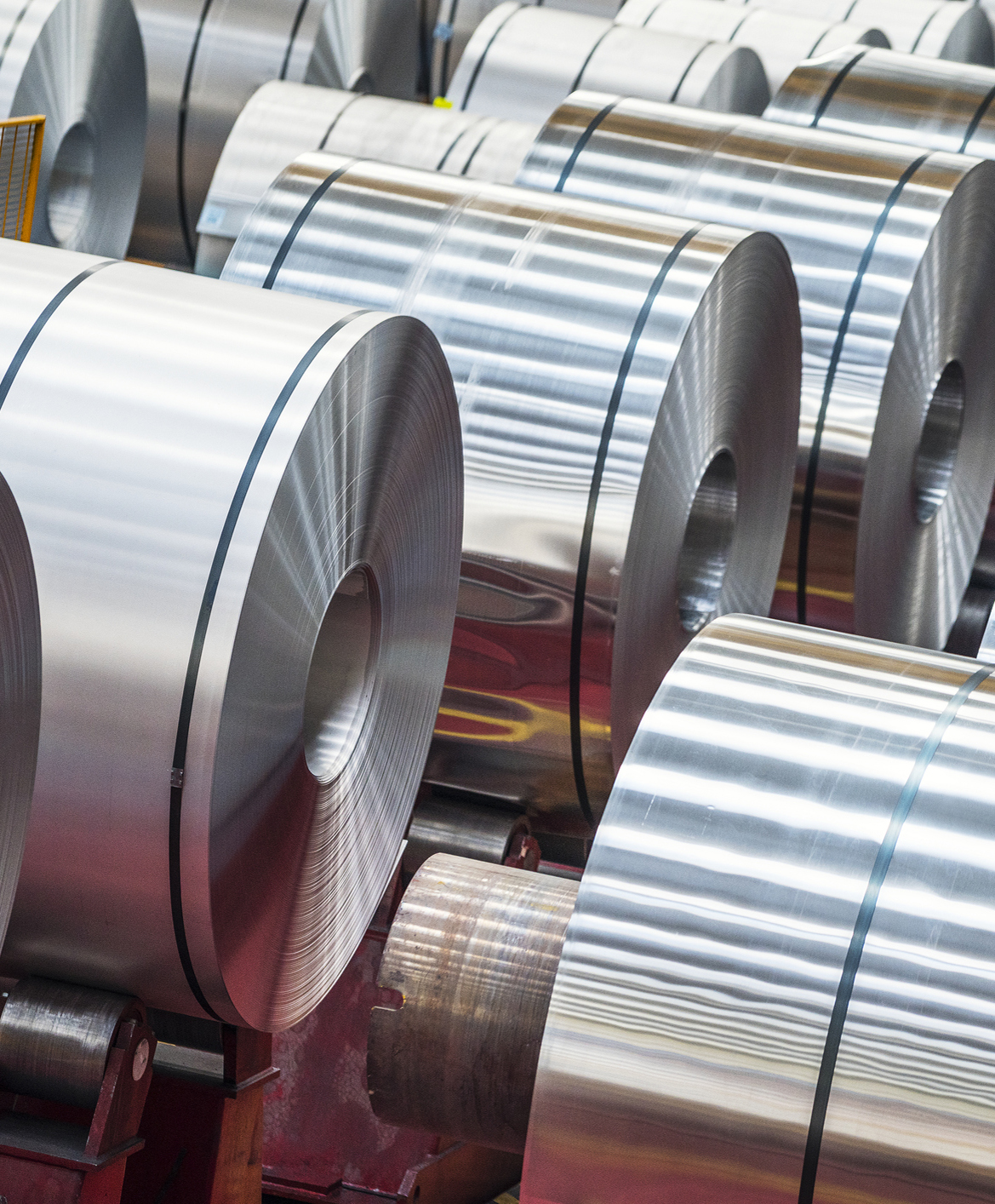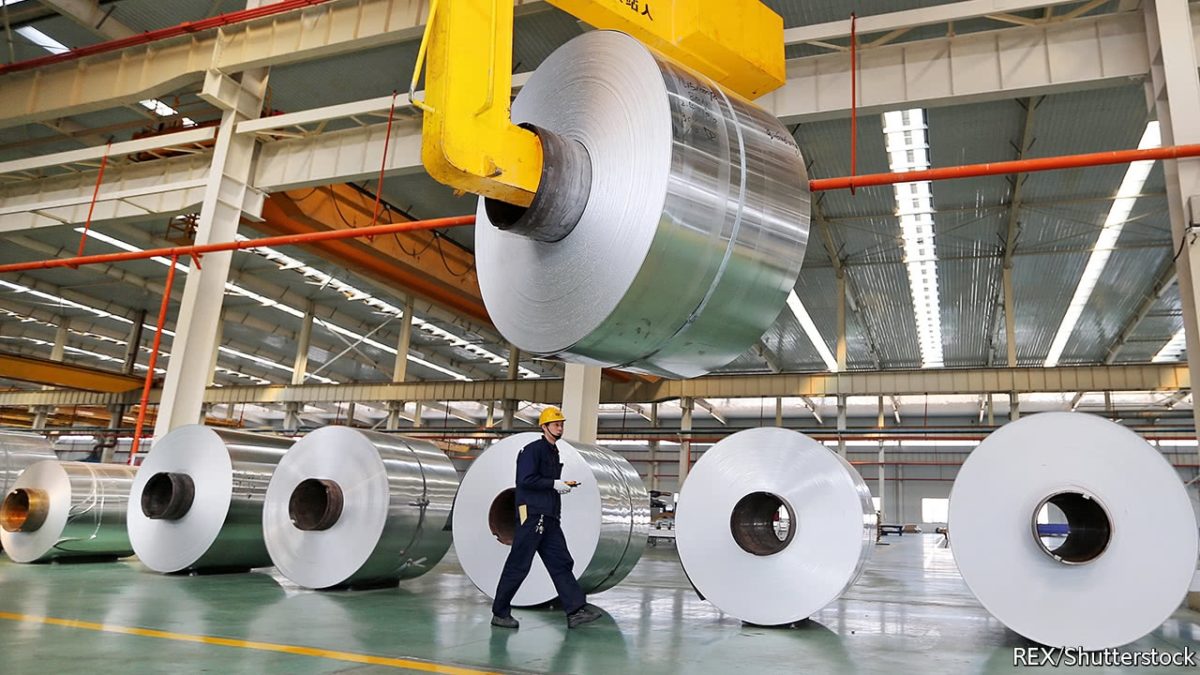Dear Mr. Vice President:
On behalf of the American Primary Aluminum Association (APAA), I am writing to urge the Trump Administration to declare America’s primary aluminum industry and manufacturing sector as “essential” when drafting and enforcing shelter-in-place orders and other executive action in response to the COVID-19 national emergency.
We applaud President Trump and his team for invoking the Defense Production Act as part of the coronavirus response and taking strong leadership as we work together to keep all Americans safe. APAA is very supportive of the efforts already underway by the Trump Administration, and we understand the importance of mitigating further public health and economic risk from the COVID-19 national emergency.
Recently, businesses across the U.S. have been ordered to suspend operations unless they are deemed a critical industry, with the Trump administration specifically exempting industrial manufacturing as “essential.” America’s primary aluminum industry and our workers are an “essential” industry for U.S. national security purposes – as the Administration has recognized in its Aluminum 232 report – and must be allowed to continue production despite the COVID-19 national emergency. For instance, in Kentucky, where a public health emergency has been declared, Century Aluminum operates America’s only smelter capable of producing military-grade aluminum needed for national security purposes.
Primary aluminum manufacturing U.S. is “essential” to America’s national security infrastructure and the United States’ ability to produce aluminum is critical to maintain in these uncertain times. In fact, aluminum is a key component in many medical devices that are manufactured in the United States. As Commerce Secretary Ross determined in 2018, aluminum is important to U.S. national security well beyond obvious defense applications and is critical to maintaining U.S. infrastructure such as our national power grids. Unlike other manufacturing facilities, primary aluminum production cannot be simply turned off without incurring debilitating capital costs – a smelter must operate 24 hours a day, 365 days a year and once curtailed smelters rarely restart. During its COVID crisis, the Chinese maintained 100% of their primary aluminum production and the United States should do the same.
With that in mind, it’s imperative that aluminum manufacturing facilities and workers be exempt from potential mandatory quarantines or shelter in place requirements as set by local, state, and the federal government.
We strongly support the Trump Administration collective efforts to combat COVID-19 but urge the designation of America’s primary aluminum industry and their workers as “essential” to the nation’s COVID-19 national emergency. We also respectfully ask that you encourage state and local governments to make the same designation.
Sincerely,
Mark Duffy
Chief Executive Officer
American Primary Aluminum Association

